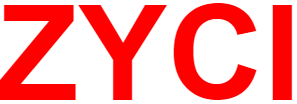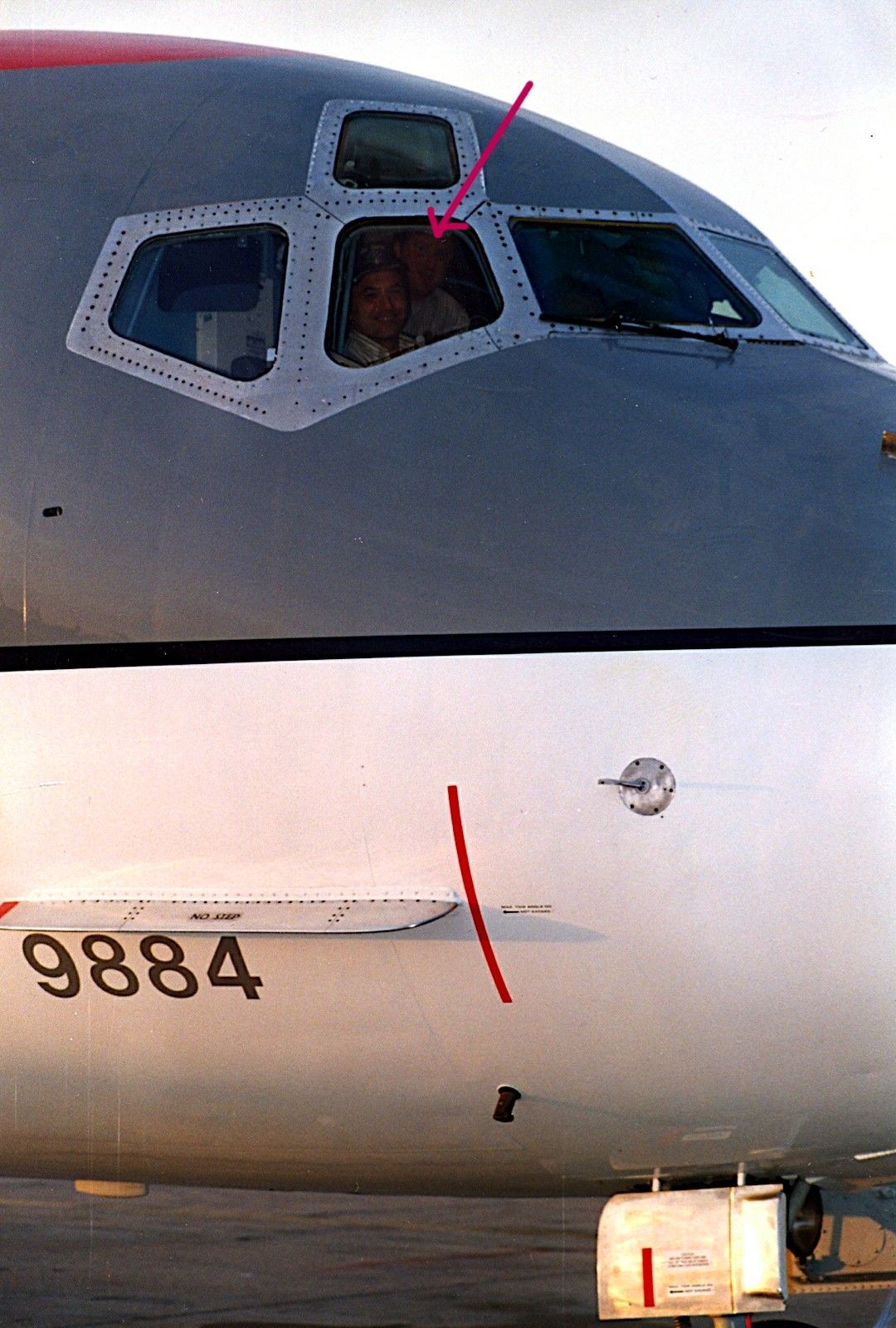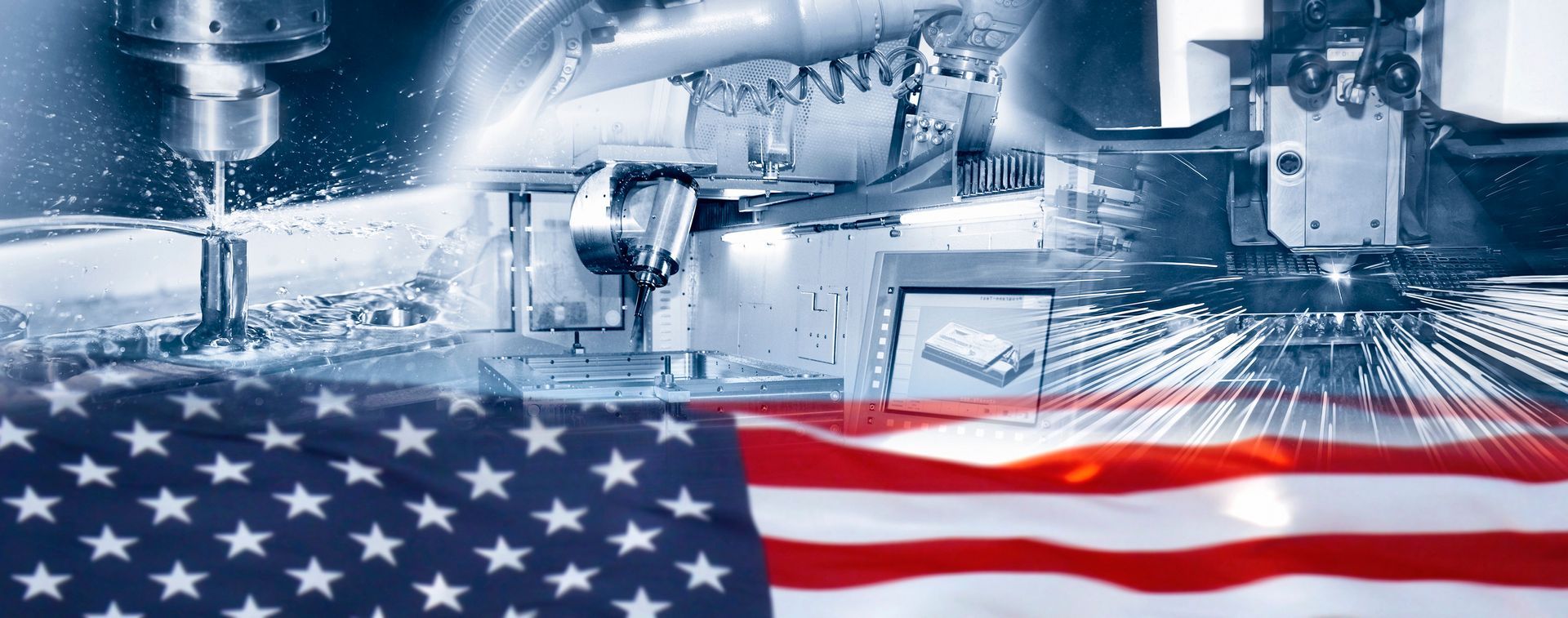Understanding Quality Documentation Requirements Up Front Is Key To A Successful Project
When it comes to precision machined parts, quality documentation plays a crucial role in ensuring all specifications are met and complying with flow downs. If the quality documentation requirements were not clearly articulated with the request for quote (RFQ), we will often ask the customer to confirm their requirements. The documentation and certifications as cost and often lead-time, as such it is important for us to fully understand the requirements up front so the pricing and lead-times quote match the requirements.
Regardless of the documentation level required, we guarantee the parts will be manufactured to the required specifications and tolerances. You just may not need to incur the added cost for formal documentation.
The level of documentation and requirements can vary depending on several factors, including the industry in which the parts will be used, the specific application of the parts, and any regulatory requirements that may apply. Some common types of documentation that may be required for precision machined parts include:
Material Certifications: Material certifications are essential documents that provide information about the materials used to produce the parts. They typically include details such as the type and grade of material, material test reports (MTR), the manufacturer, and any relevant testing or certification information.
Hardware Certifications: Often time the drawing for a part we and manufacturing will require the installation of hardware such as Helicolis, Keenserts, Nut plates, dowel pins, etc. When we order those components we need to know up front if our customer will require a Certificate of Conformance for the hardware. We also need to know if we must buy that hardware from companies on our customer's Approved Supplier List.
I nspection Reports: Inspection reports are used to document the results of various quality control tests and inspections performed on the parts throughout the manufacturing process. These reports may include information about dimensional accuracy, surface finish, hardness, and other critical quality parameters. Some aerospace customers require the use of the form AS9102.
Traceability Documentation: Traceability documentation is used to track the production and processing of the parts from raw material to finished product. This information is critical for ensuring that the parts meet the necessary quality standards and can be traced back to their source in the event of any quality issues.
Process Documentation: Process documentation outlines the procedures and techniques used to manufacture the parts, including any special processes or treatments that may be required. This information is critical for ensuring that the parts are produced consistently and meet the necessary quality standards.
Outside Service Processors: If our customer's parts require surface treatments or NDT processes it is important that we know upfront if the suppliers we use must be on your Approved Supplier List (ASL), NADCAP certified or any other requirements.
Process Approvals: Process approvals are sometimes required if our customers requires we have a specific approval from them to perform a process. We most often see this related to hardware installation for aerospace parts such as rivet installation or nut plate installation.
Packaging Requirements: Understanding packaging requirements plays a critical role in making sure the final and very important detail meets the customer requirements. As an example, we have seen requirements such as "individually pack in humidity proof bags with desiccant and a humidity indication card inside" or "coat parts with rust inhibitor and individually bubble wrap, pack no more than 6 per box".
By asking about the level of quality documentation required for your precision machined parts, we can ensure that your parts are manufactured in accordance with all the required specifications and documentation requirements . This not only helps to ensure that we deliver parts to you that are not missing a key piece of documentation that we can’t produce after the fact or that they were finished by an outside processor that didn’t meet your requirements. All too often we have had to scrap perfectly good parts because we didn’t understand all the documentation and outside processor requirements up front. An expensive education for us in learning to ask the right questions and more importantly, learning to ask the right questions up front eliminates frustration and unanticipated delivery delays.


